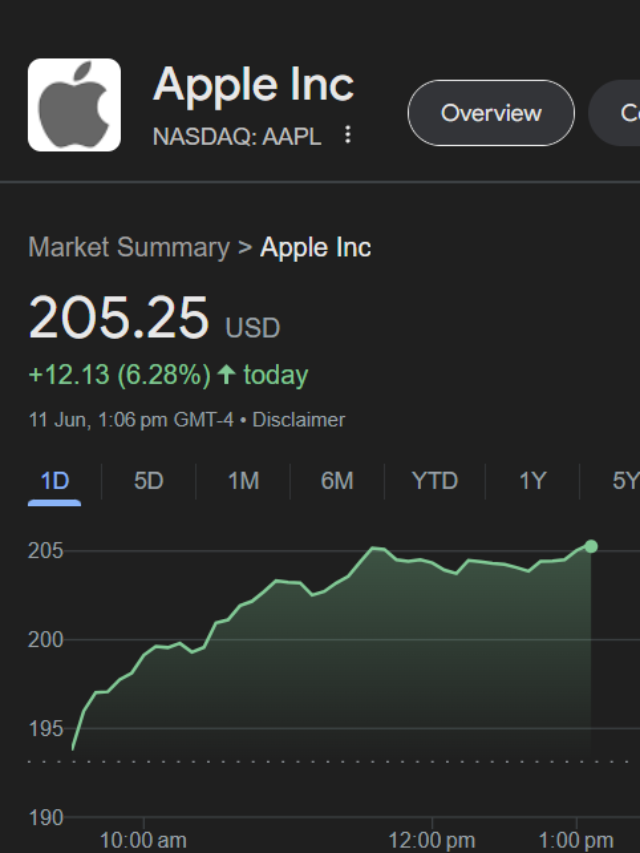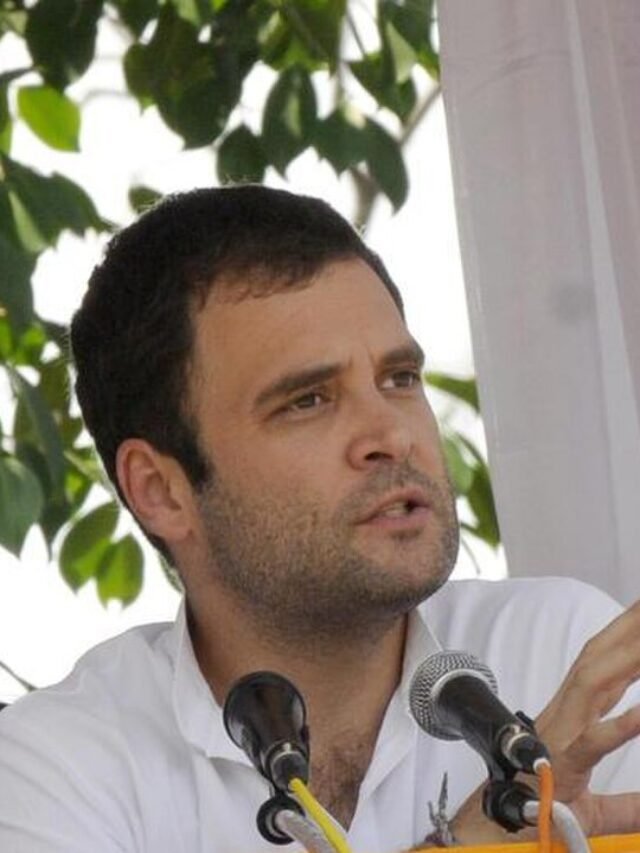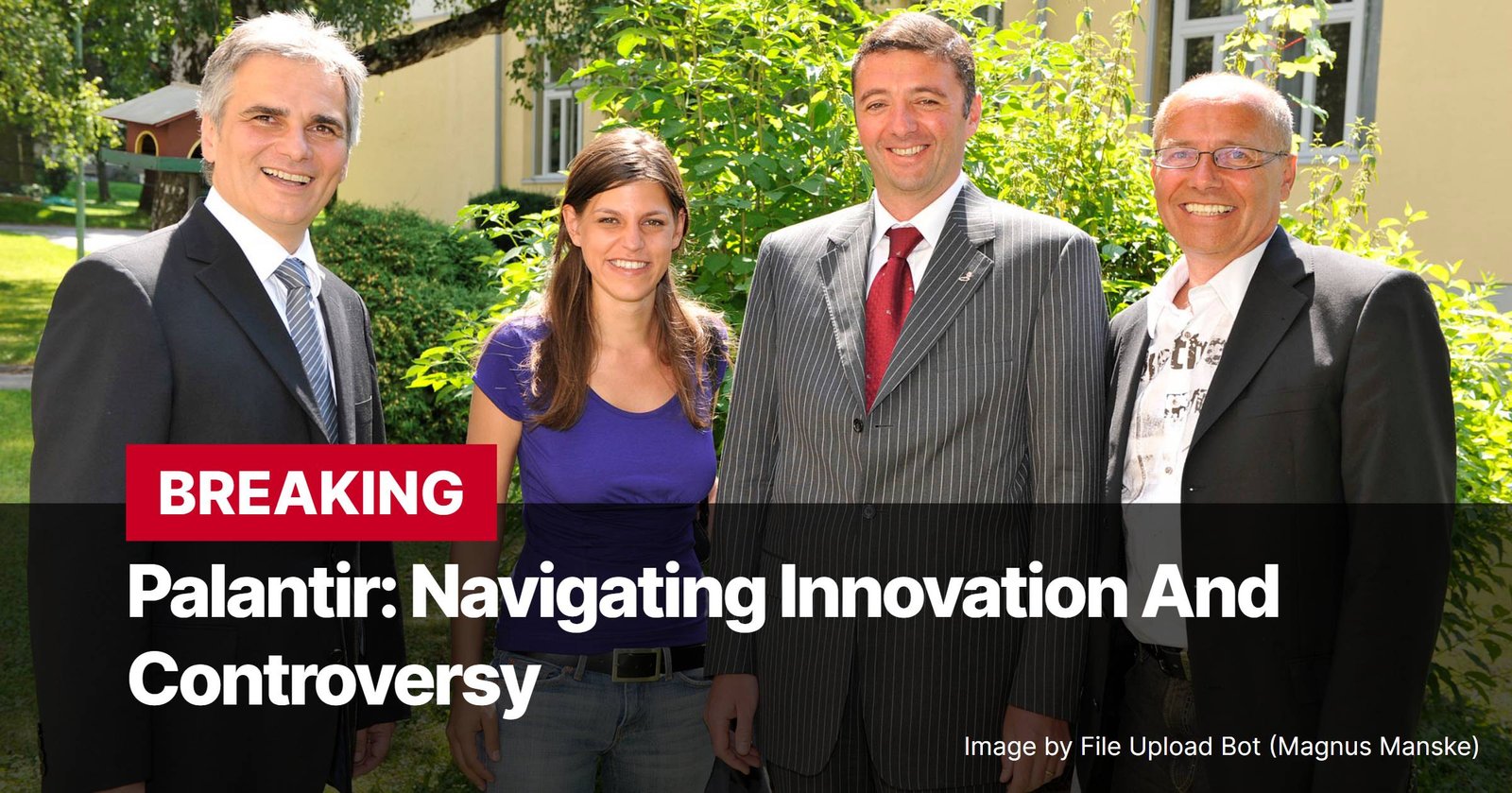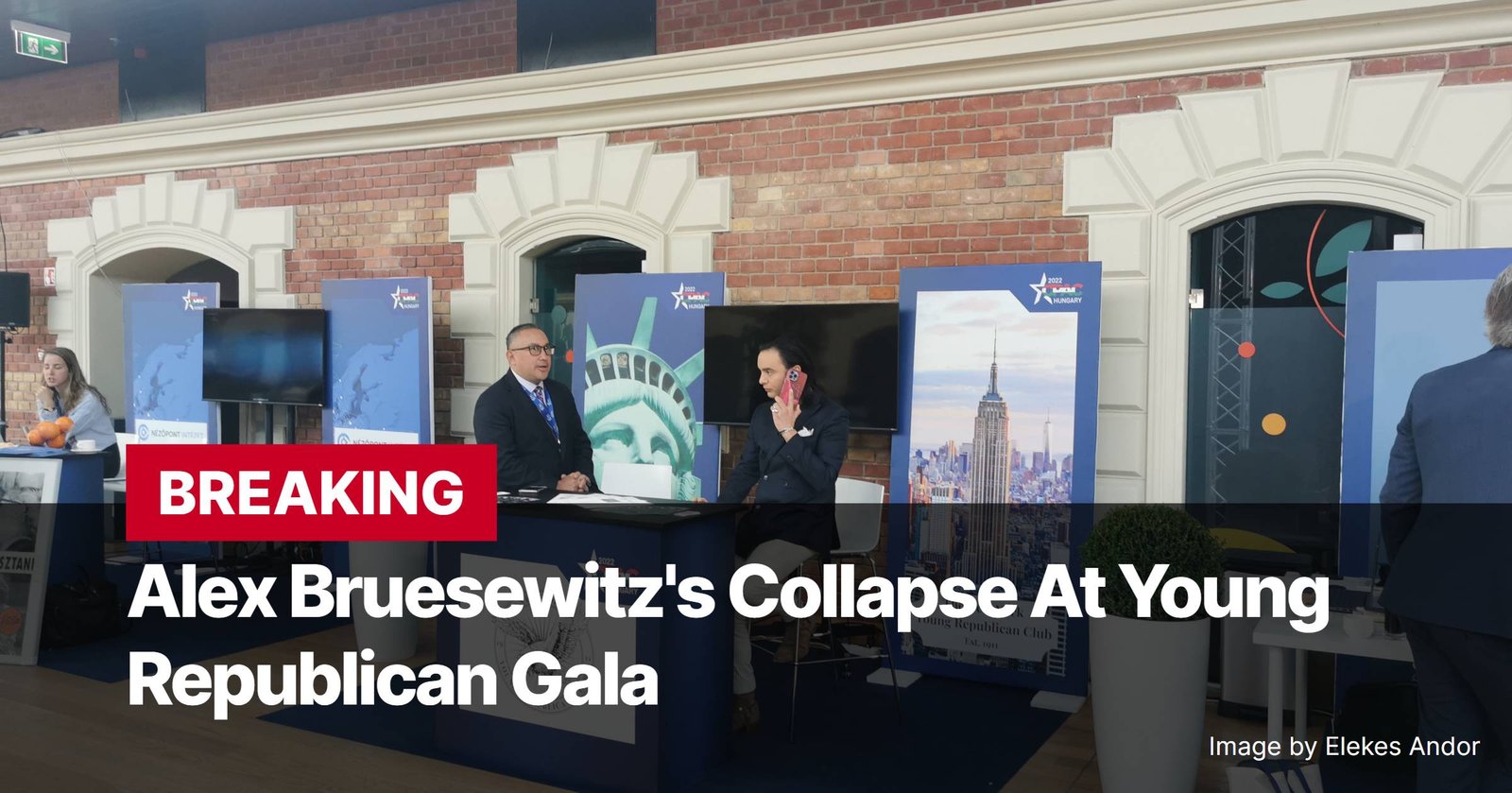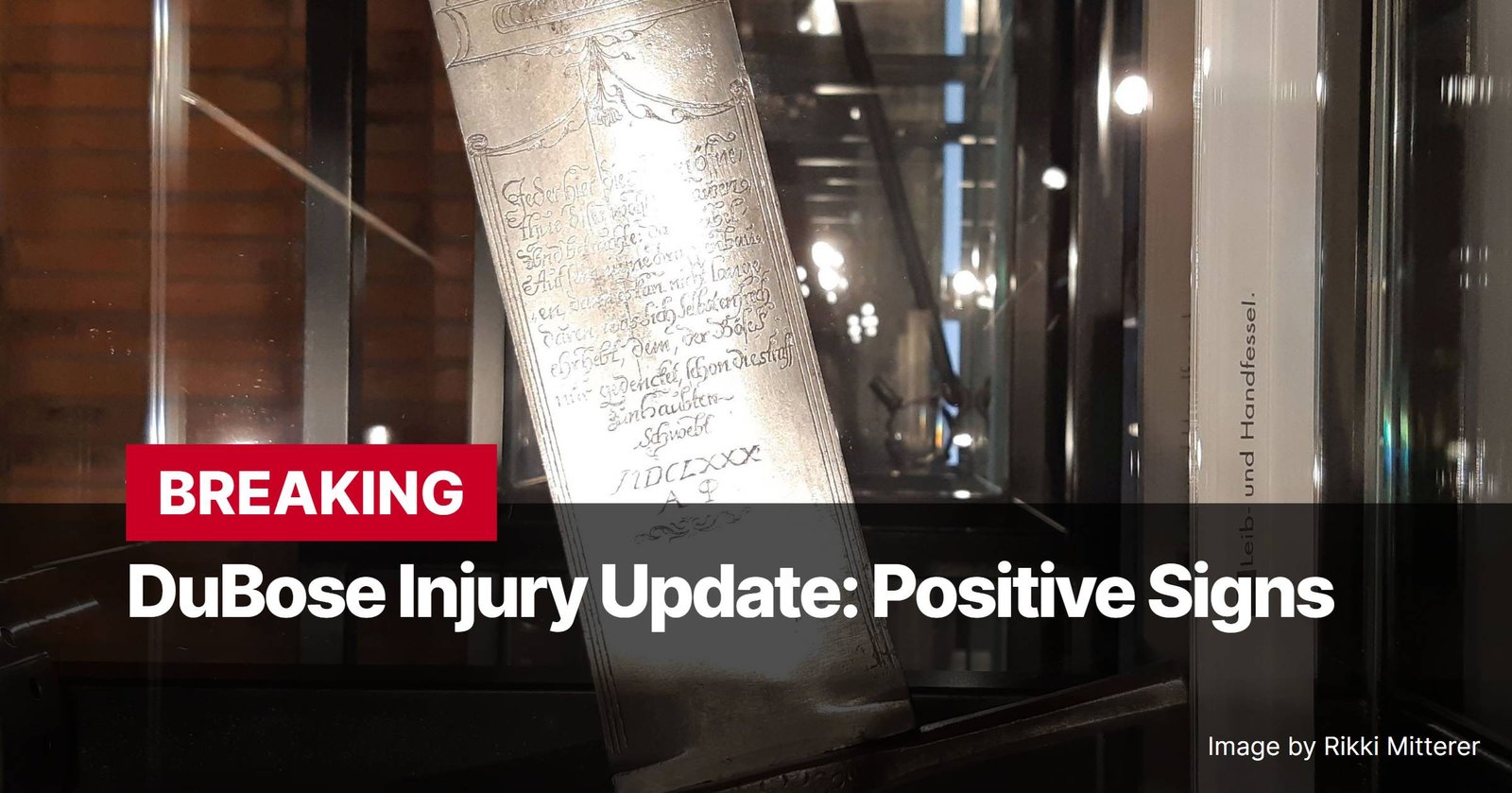The recent assassination attempt on former President Donald Trump has sent shockwaves through the political landscape, triggering a temporary surge in his poll numbers. However, seasoned political observers believe this bump is unlikely to have a lasting impact on the election.
As the dust settles, attention is expected to shift back to the substantive policy issues that will ultimately shape voters’ decisions, including economic concerns, regulatory matters, and tax policies.
The attack has also underscored the deeply polarized nature of American politics. The incident has solidified existing positions on both sides of the political spectrum, making it even more challenging to reach consensus on critical issues.
While the assassination attempt has injected a dose of uncertainty into the election, it is unlikely to fundamentally alter the course of the campaign. Ultimately, voters will be swayed by the candidates’ positions on issues that directly impact their lives.
The economy, regulations, and taxes will remain at the forefront of the national conversation, and the candidates’ positions on these issues will be closely scrutinized. The assassination attempt serves as a stark reminder of the volatile political climate, but it is unlikely to derail the focus on policy matters that will ultimately determine the outcome of the election.
The Assassination Attempt’s Limited Impact
While the assassination attempt on former President Trump is undoubtedly a significant event, its impact on the upcoming election is likely to be temporary. While it may momentarily shift public sentiment and garner sympathy for Trump, it’s unlikely to fundamentally alter the course of the campaign.
Historically, candidates who survive such attacks often experience a brief surge in polls, but this effect tends to fade over time. As the election cycle progresses, voters will inevitably return their focus to the core issues that will ultimately determine their choices.
Undecided Voters Hold the Key
The upcoming election will likely hinge on the decisions of a relatively small group of undecided voters concentrated in a handful of key states. These voters, who are not firmly aligned with either party, represent the crucial swing votes that could decide the outcome.
Their decisions will be influenced by a complex interplay of factors, including economic concerns, social issues, and the candidates’ platforms. Both parties recognize the importance of these undecided voters and will likely dedicate significant resources to winning their support.
Appealing to the Undecided
In the wake of this dramatic event, both the Republican and Democratic parties will likely intensify their efforts to appeal to the undecided voters who hold the key to victory. This will involve tailoring their campaign messages and strategies to address the specific concerns and priorities of these voters.
The parties will strive to present their candidates as the best option for addressing the issues that matter most to these swing voters, hoping to sway their opinions and secure their votes in the crucial final months of the campaign.

The Campaign’s Future Course
The assassination attempt, while tragic and concerning, is unlikely to fundamentally reshape the landscape of the election. The race will likely continue to focus on the core issues that have been at the forefront of the campaign: the economy, healthcare, immigration, and social policy.
While the event may have a short-term impact on the race, the long-term trajectory will likely be determined by the candidates’ ability to connect with undecided voters and address their concerns.
A Shift Back to Policy and the Economy
While the events of the past weekend have undoubtedly shaken the nation, it is likely that the focus will soon shift back to policy issues and the economy. These fundamental factors will ultimately play a more significant role in determining the outcome of the election.
As the dust settles, voters will be looking for concrete plans and proposals that address their concerns about inflation, jobs, and the future direction of the country. The assassination attempt, however, serves as a stark reminder of the need for a more civil political discourse.
The deep divisions in our nation are evident, and the upcoming election will likely be a close race, with both candidates vying for the support of undecided voters. These voters, who remain open to persuasion, will be crucial in determining the outcome.
In the aftermath of this tragedy, we can only hope that the candidates and their supporters will choose to engage in a more respectful and constructive dialogue, focusing on the issues that truly matter to the American people.
- Amad Diallo’s Rise and Manchester Derby Excitement
- Navigating the 2024 and 2025 Tax Landscape: Brackets, Rates, and Planning Ahead
- Palantir: From Shadows to Spotlight, Navigating Controversy and Innovation
- The Relentless Myles Garrett: Battling Through Injury in Browns’ Loss
- Luka’s Triple-Double Dominates as Mavericks Outgun Warriors in Three-Point Barrage








